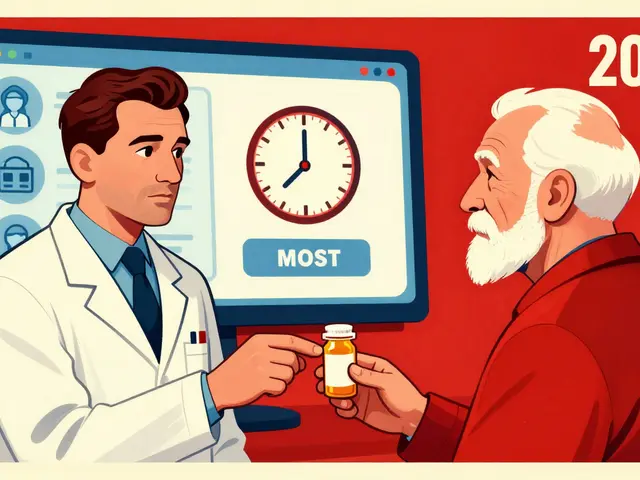Impact of Medications & Supplements – What You Need to Know
If you’ve ever wondered whether a pill or powder really does what it says, you’re not alone. People take everything from Lipitor to Scarlet Pimpernel without checking how those products actually hit their bodies. In this guide we break down the real impact of popular drugs and supplements, point out safety red flags, and show you where smarter options live.
Understanding Real‑World Effects
First up, impact means more than a quick buzz or a lab number. It’s about how a substance changes your daily life—energy levels, digestion, mood, even long‑term organ health. Take Lipitor, for example. It lowers cholesterol but can also cause muscle aches in some users. Knowing that side effect lets you weigh the benefit of fewer heart attacks against possible discomfort.
Supplements bring their own twist. The Scarlet Pimpernel herb is marketed for “optimal health,” yet research shows limited evidence and a vague safety profile, especially in places like Australia where the TGA hasn’t approved it. If you’re chasing a natural boost, consider proven options such as collagen type II for joint support or guar gum for gut health instead of untested herbs.
Prescription meds used off‑label also have hidden impacts. Buying Tamsulosin online may feel convenient, but without a doctor’s guidance you risk dosage errors that affect blood pressure and urinary flow. The same goes for mental health drugs like Solian. Proper monitoring is key to avoid serious side effects.
Choosing Safer Alternatives
When the impact of a drug feels too risky, look for alternatives that give similar results with fewer downsides. Need an antihistamine but worry about drowsiness? Try newer non‑sedating options or nasal sprays—many users report better relief without the sleepy feeling.
If hair loss is your concern, there are ten alternatives to Propecia in 2025, ranging from topical minoxidil to low‑level laser therapy. These choices avoid the hormonal side effects some men experience with finasteride.
For pain management, ditch Neurontin if it makes you dizzy. Options like duloxetine or physical therapy often give comparable relief without the nerve‑tingling drawbacks. Always check a trusted pharmacy—sites like CanadaRxConnection or NorthWestPharmacy provide verified listings and safety tips.
The bottom line: impact isn’t just about what a label promises; it’s how you feel after weeks of use. Read product reviews, ask your pharmacist, and compare side‑effect profiles before committing. If something feels off, there’s likely a better path.
Remember, the best health decisions come from clear info and realistic expectations. Use this guide as a quick reference whenever you face a new medication or supplement, and you’ll stay ahead of unwanted surprises.






